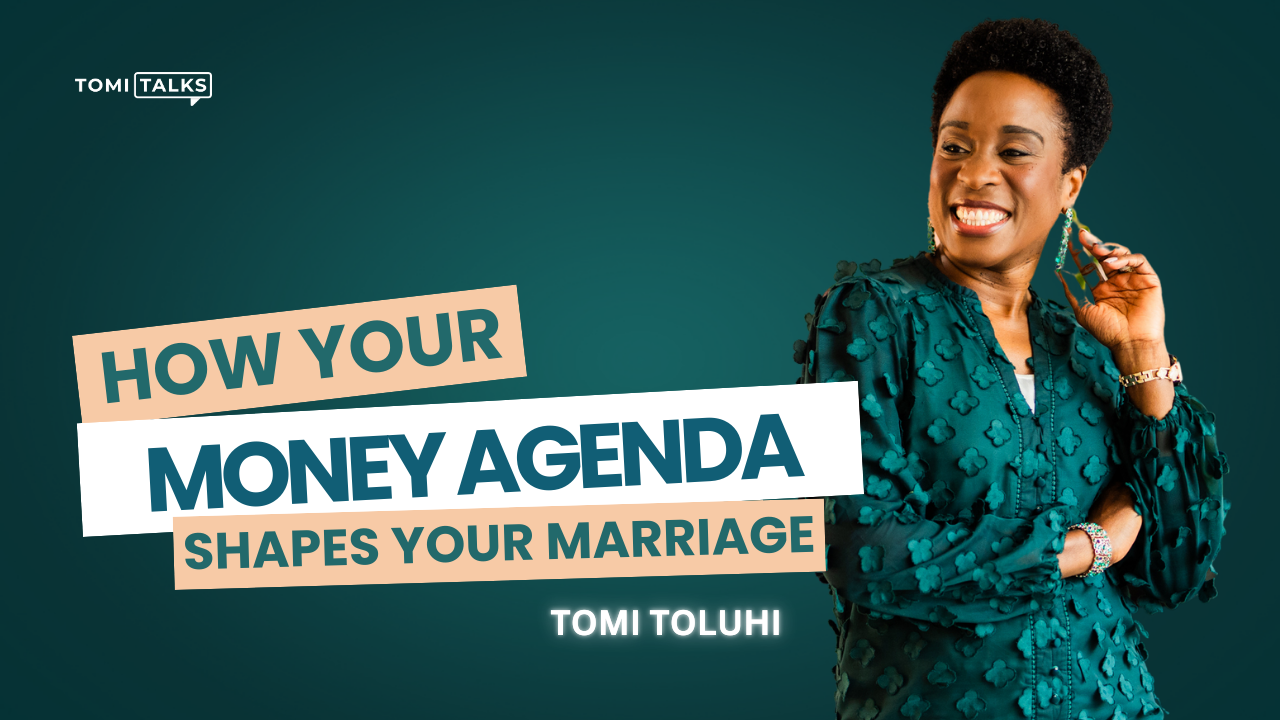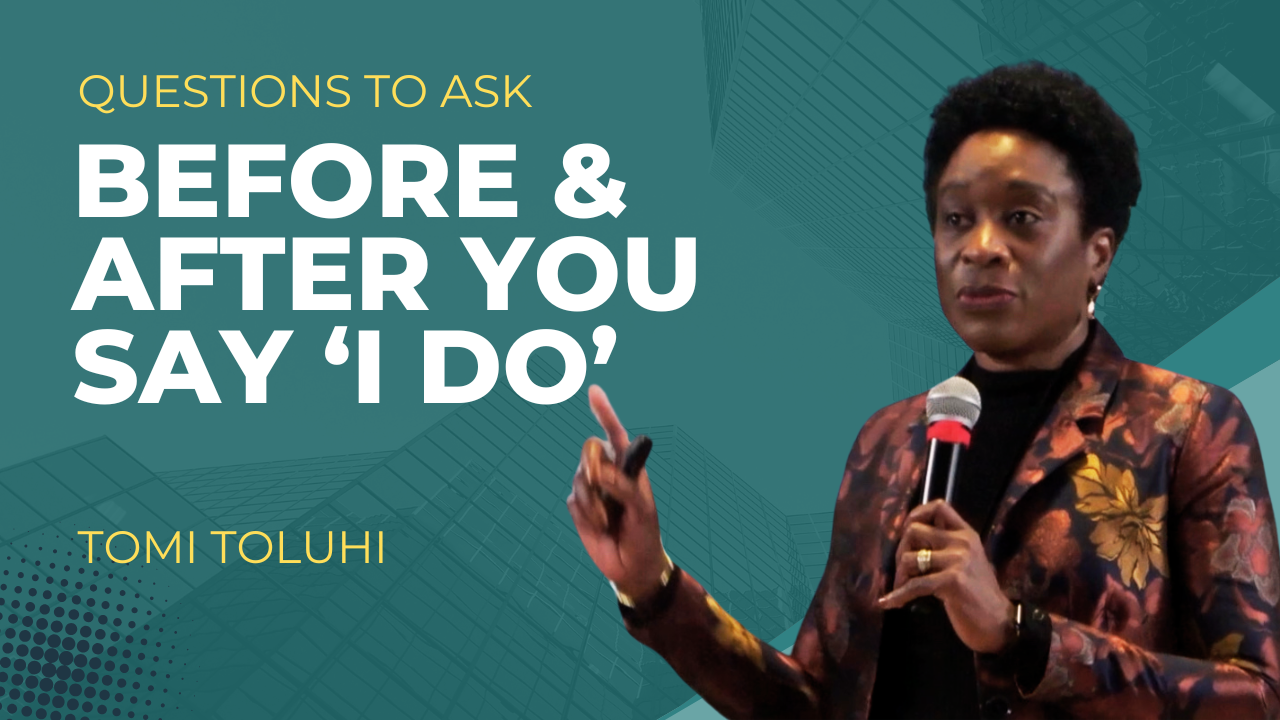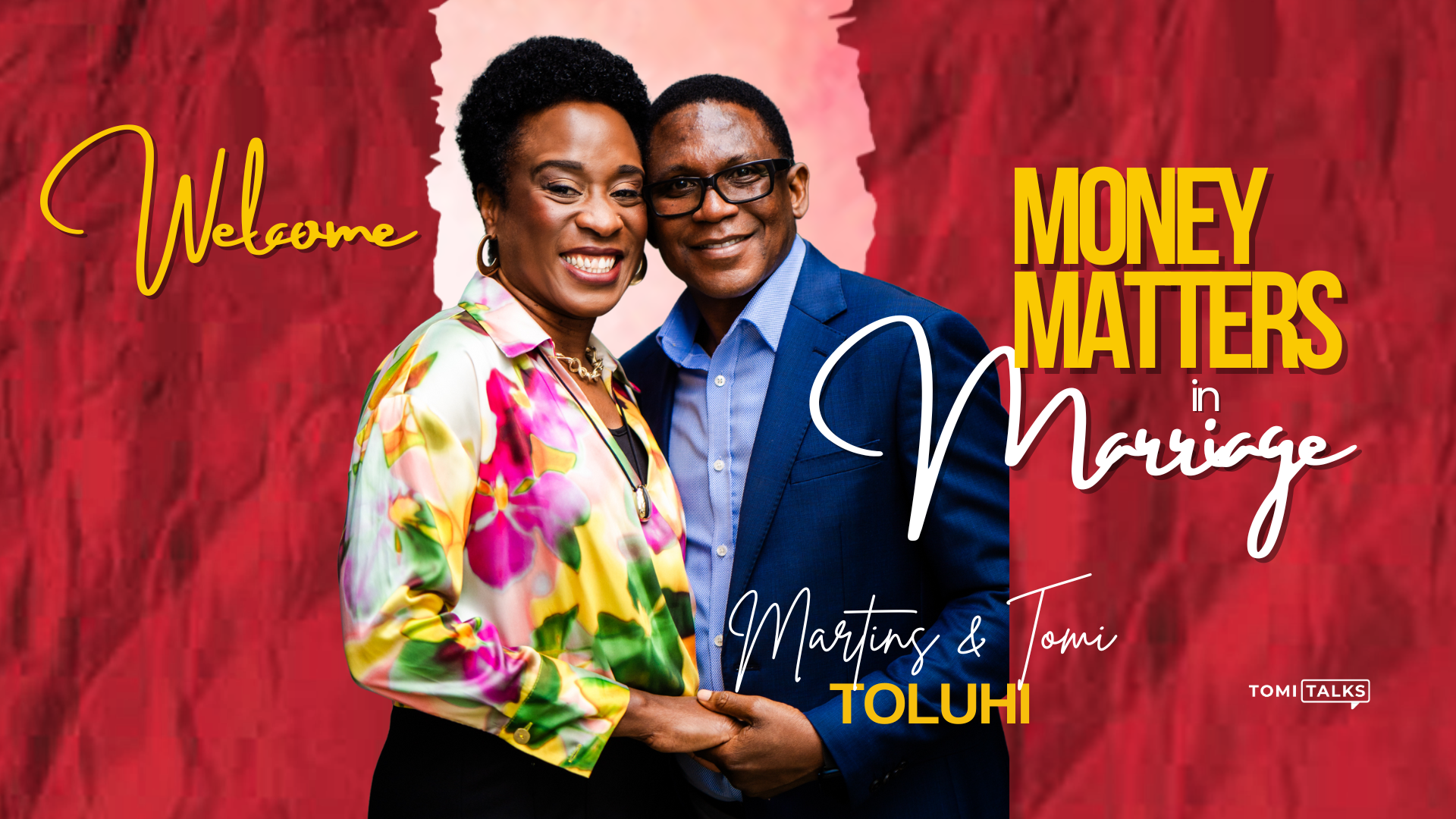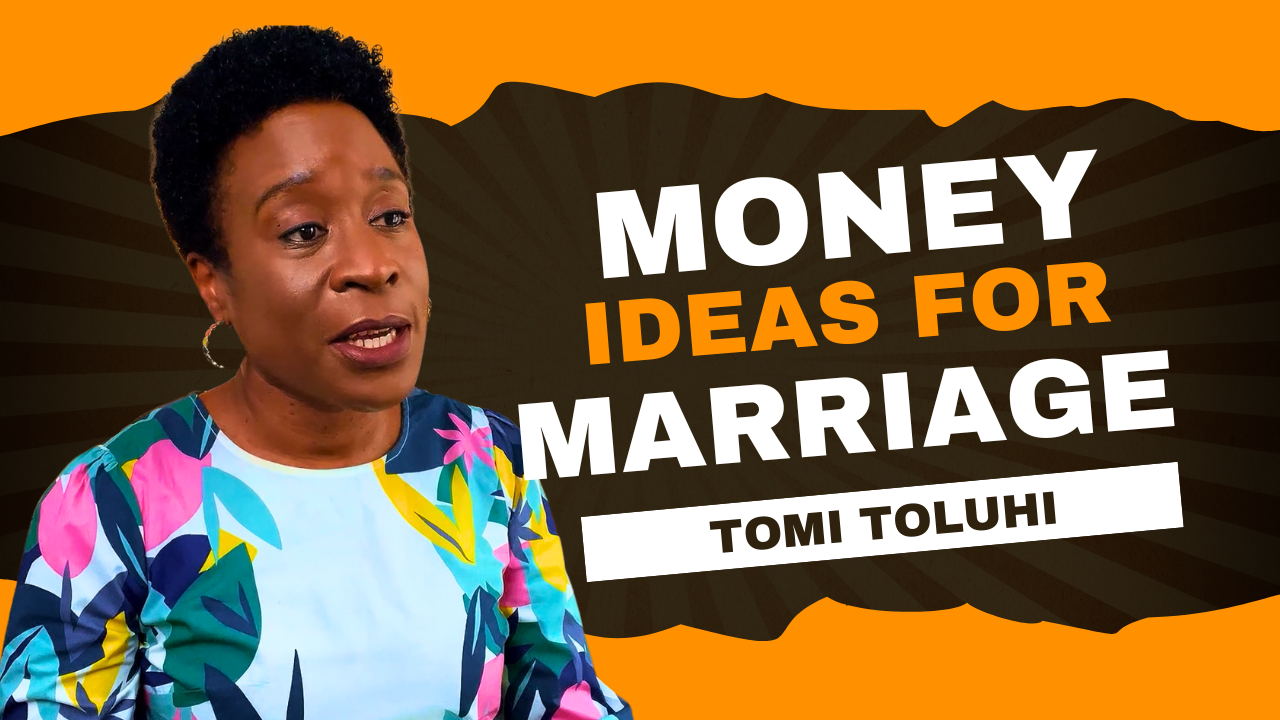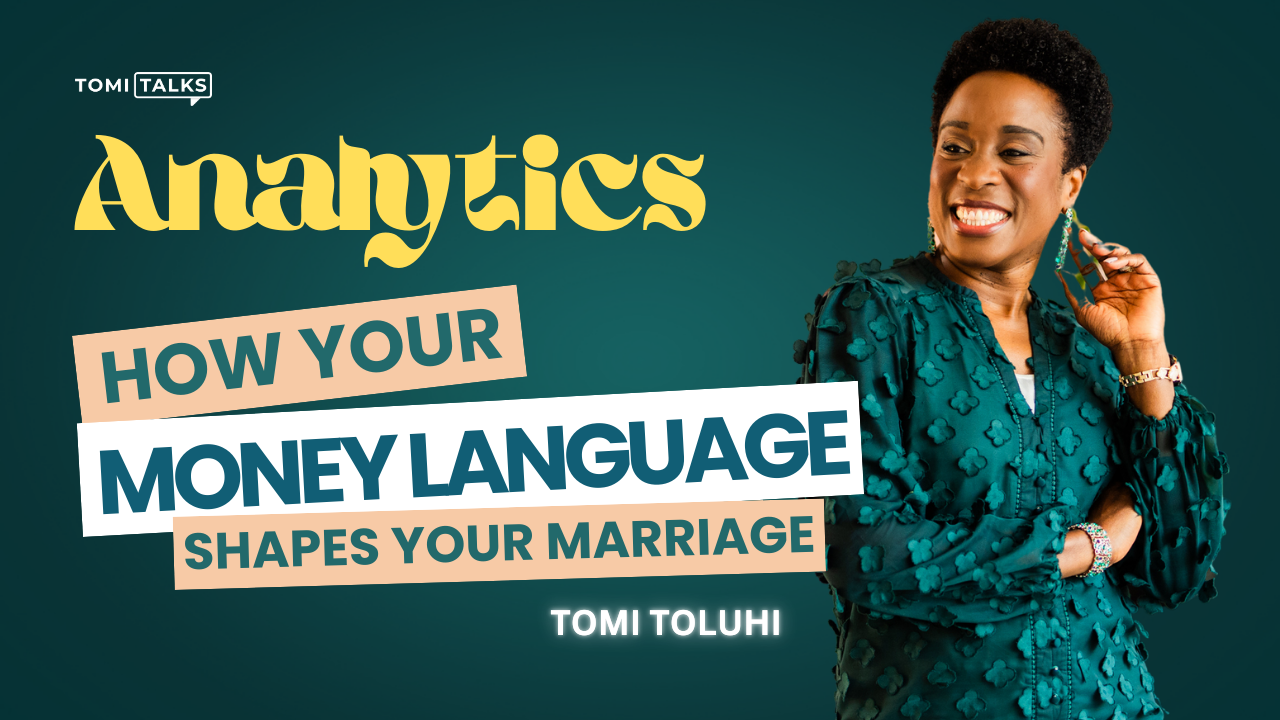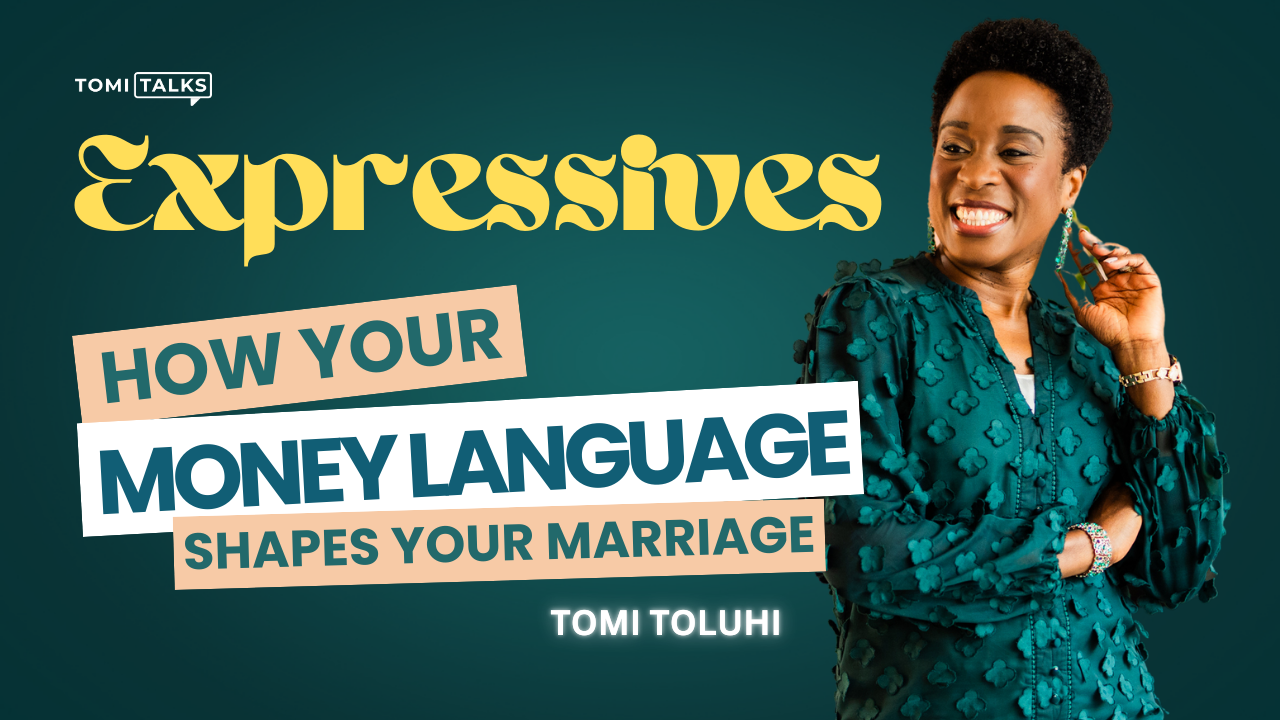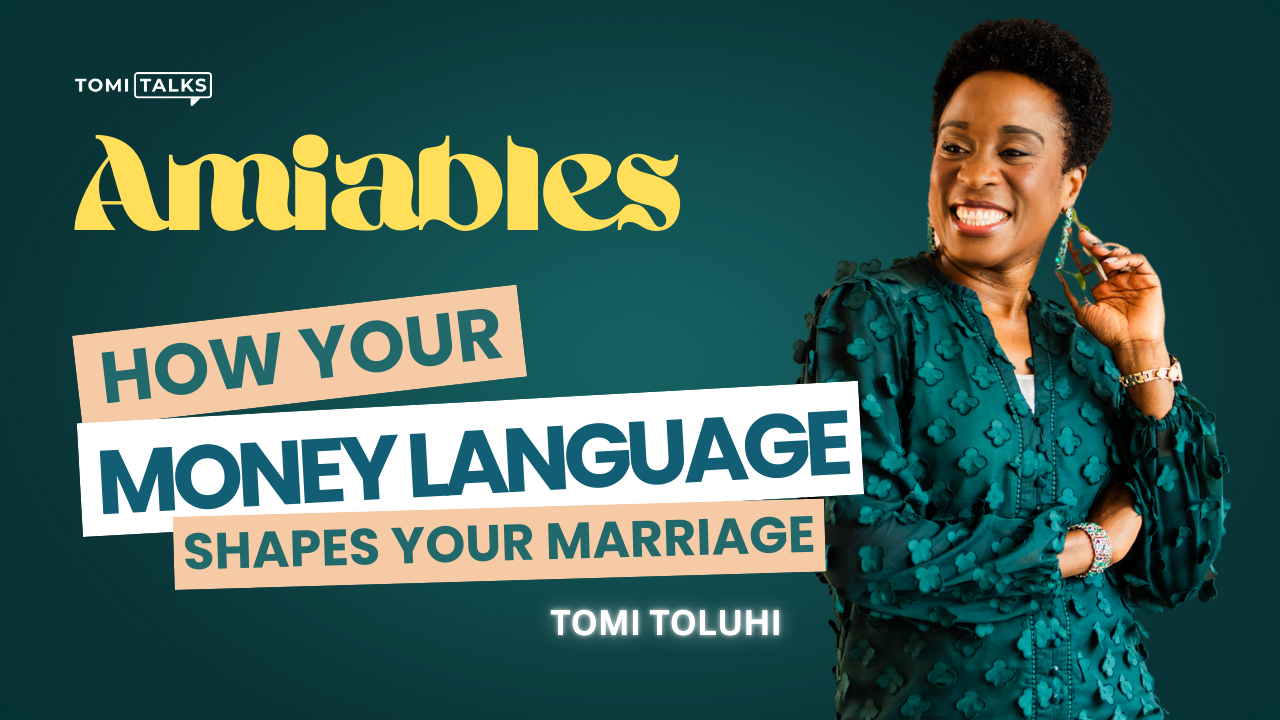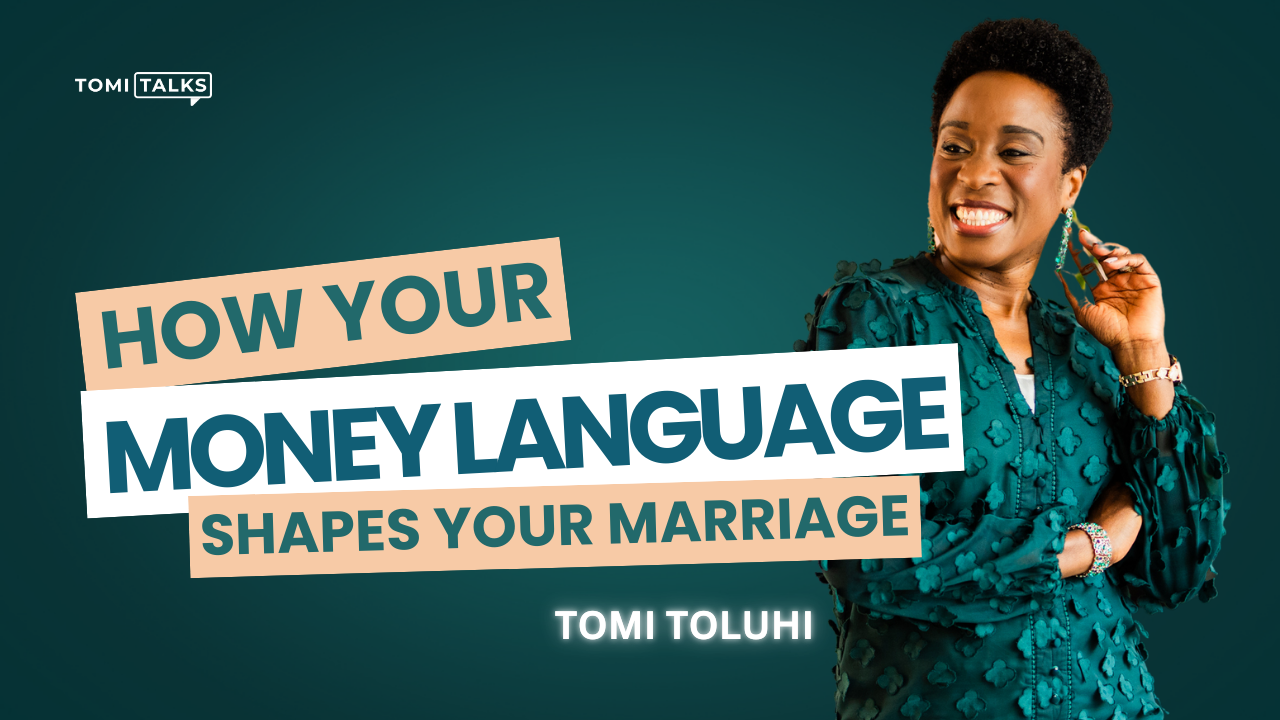The power of an apology
‘Love means never having to say you’re sorry’ , is the catchphrase from a 1970 American movie, Love Story. The phrase has been reused over the years to suggest that, in a truly loving relationship, apologies are unnecessary. Nothing could be further from the truth. The foibles of human nature make it inevitable that any intimate relationship, no matter how wonderful, will go through seasons of conflict.
Any relationship where there is never conflict is an insincere relationship. This does not mean that we should promote conflict in our relationships as evidence that we deeply care about each other. Excessive and volatile conflict damages the fabric of a relationship and is more often an indication of immature conflict resolution skills on the part of one or both of the partners than evidence of true love. Our goal in a loving relationship should be to minimise the frequency and intensity of conflict and to restore the relationship to harmony as quickly as possible. The most meaningful way to achieve this is through apology and forgiveness.
Much is made of the importance of forgiveness, and rightly so; it is a subject I frequently teach on. However, I feel we have not yet fully explored the potential of an apology to strengthen and heal a relationship. We underestimate just how far an apology goes in maintaining harmony and soothing troubled waters. A sincere apology has the power to heal hurts, bind broken hearts and restore intimacy to a strained relationship.
If you never have to apologise, you are either perfect or proud. I would guess that the latter is the case. Much damage is done daily by individuals who refuse to entertain the very possibility that they could be wrong. Families have split, marriages have been destroyed, relatives have been estranged and friendships have been terminated simply because neither party to a conflict is prepared to ‘give in’ and apologise. Jesus placed such a high value on apologies that he prioritised restoring a broken relationship above outward and public worship. Hear Him!
‘This is how I want you to conduct yourself in these matters. If you enter your place of worship and, about to make an offering, you suddenly remember a grudge a friend has against you, abandon your offering, leave immediately, go to this friend and make things right. Then and only then, come back and work things out with God.’ – Matthew 5:23-24
An apology is not a requisite for forgiveness but it is a requirement for restoration. God calls us to forgive, whether or not we receive an apology. Even when there is no sign of repentance, forgiveness is required to free our souls. Nevertheless, until a person accepts that they have caused a breakdown in a relationship because of their behaviour, the delicate work of rebuilding cannot begin. God has potentially forgiven every single human being on this planet for our sins – past, present and future. Yet, not everyone can enjoy an unhindered relationship with God. Repentance and an acceptance of God’s forgiveness lead to restoration. Human relationships work in a similar way.
Why apologies matter
An apology is an indicator that you place a high value on a relationship. You will only be motivated to restore a relationship that you truly care about. When you are not driven to restore a relationship, it is usually an indicator that you have placed a higher value on ego than harmony. People make the assumption that apologising is an admission of absolute guilt. This is not necessarily so. An apology simply means that you are humble enough to accept responsibility for your part in a relationship breakdown – even if your part is only 1%. It indicates that you are self-aware enough to recognise that you’re not always right.
Unwillingness to apologise is not a sign of strength; it is a symbol of three things – insecurity, pride and inability to take responsibility. Insecure people feel that an apology lessens their importance and therefore they will cling to their justifications like a drowning man clutching a straw. Pride is loudly demonstrated by a person who would rather lose a relationship than lose face. We all struggle with pride in some form in our lives, but a person who will never apologise has made a habit of pride.
There is a scriptural imperative for cutting pride down wherever it raises its head in our lives because that is one of the few things God simply will not tolerate. James 4:1-7 delves deeply into the subject of conflict and x-rays the reasons why we fight and quarrel amongst ourselves, the chief reason being pride. Verse 6b makes a resounding statement about God’s attitude to pride. ‘… God sets Himself against the proud and haughty, but gives grace [continually] to the lowly (those who are humble enough to receive it).’ In my opinion there is nothing more fearsome than God setting Himself against you so pride is a luxury we cannot afford. If you have made a habit of pride, note well that it is a one-way ticket to destruction and to be eliminated at all costs.
There are two other often neglected benefits of an apology. Firstly, apologies release our empathy towards the person who wronged us and position our hearts to understand them better. A simple, heartfelt, ‘I’m sorry, please forgive me’ , will go much further than all the explanations in the world. If you blew it, acknowledge it, as that will often result in the other person making excuses for you, rather than you making excuses for yourself. A secondary benefit of an apology is that it has the power to dispel the guilt of the offender. Hurting a person is like making a withdrawal from your relationship bank account that you can’t fund. This puts you in an overdrawn or deficit position but apologising sincerely can begin to compensate for that and restore the relationship back to a balanced footing. Apologising is the first step towards cancelling that debt.
Anatomy of an apology
All of us have been on the receiving end of an insincere apology at some point in our lives. Maybe, like me, when you were young a parent forced a sibling to apologise to you when they clearly did not mean it. Or in your adult life, you may have been hurt by someone who subsequently ‘apologised’ and justified themselves in the same breath. Most unsatisfactory! An apology is not a mere assembly of words; it must carry a person’s heart with it to be effective. An apology that is not heartfelt is like rubbing salt in an open wound. It stings rather than soothes.
There are three components that must be present for an apology to serve its desired effect: remorse, responsibility and recompense.
Remorse is a sense of pain for the hurt or discomfort we have caused someone by our actions. It galvanises our emotions and helps us to come alongside the person we have hurt, attempting to walk in their shoes. This is what separates remorse from regret; a person can be regretful because they have been caught or have suffered a negative consequence as a result of their bad behaviour. An unfaithful spouse might regret that they have been exposed but that does not mean that they acknowledge the hurt they have caused their spouse or that they intend to change.
Responsibility is a key aspect of a genuine apology. There’s no greater mark of immaturity than a person who refuses to take responsibility for their own actions and shifts blame constantly. When a person says ‘I’m sorry, but…’ the ‘but’ negates all the good work that came before. Don’t attempt to justify what you have done, exonerate yourself, or somehow insinuate that the person you have hurt is at fault. Don’t try to balance the blame on both sides. Apologise…full stop!
The Recompense we choose must mean something to the person we have hurt and often it begins with expressing in words how sorry we are for hurting them. This is an important part of an apology that must not be overlooked because that is the place where pride dies and forgiveness thrives. Some people attempt to circumvent this by ‘acting sorry’, rather than saying sorry. Apology begins with a full and frank admission of the mistake made and then continues on to deliberate actions to redress the situation and prevent its reoccurrence. An apology must always be carried forward from words into actions because that is what separates sincere apologies from insincere ones. Actions that negate your apology will only reinforce the feeling that you really don’t care about the hurt caused.
Take a step back and ask yourself how good you are at apologising. If there is someone you owe an apology, don’t sacrifice the relationship on the altar of your pride. Take a decisive step towards reconciliation by apologising.
